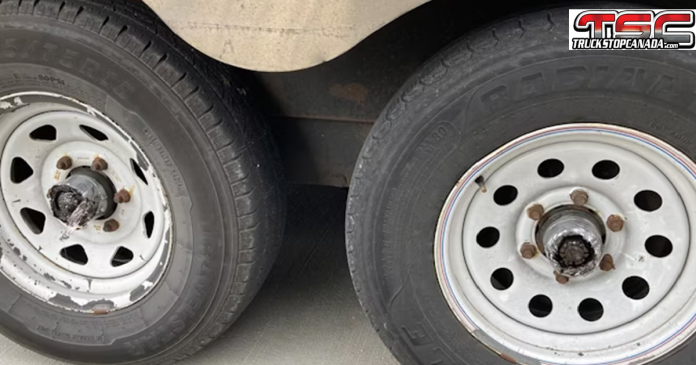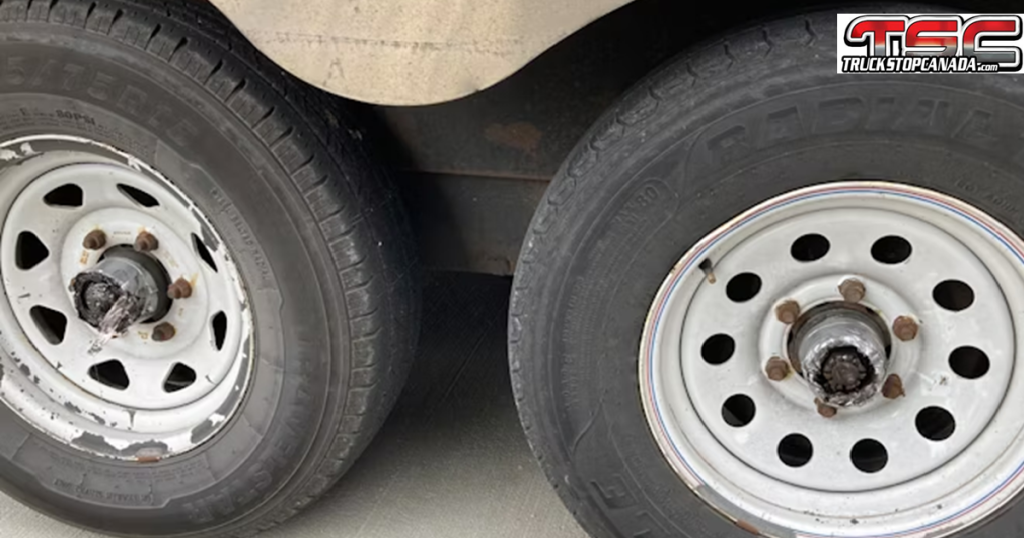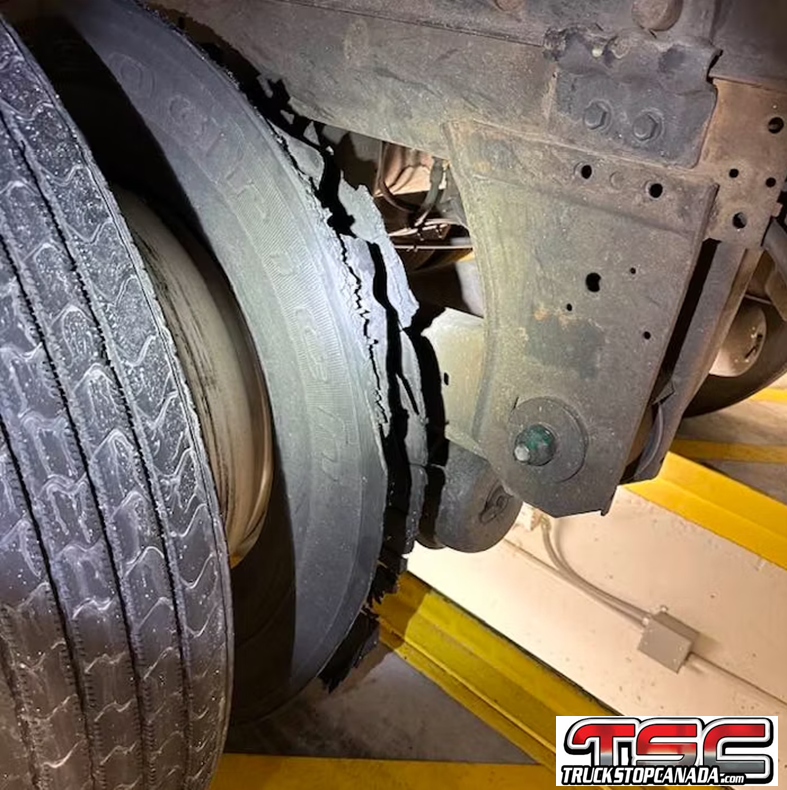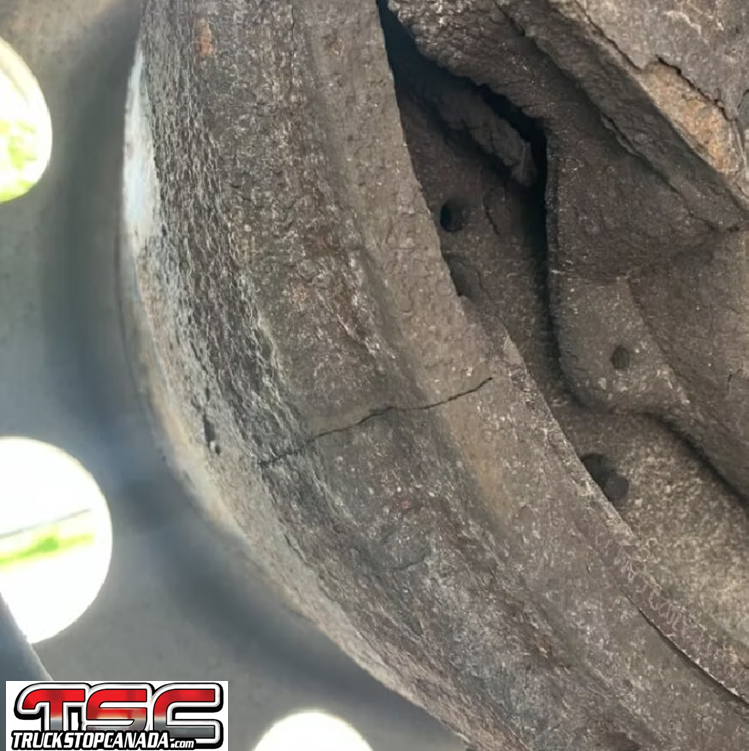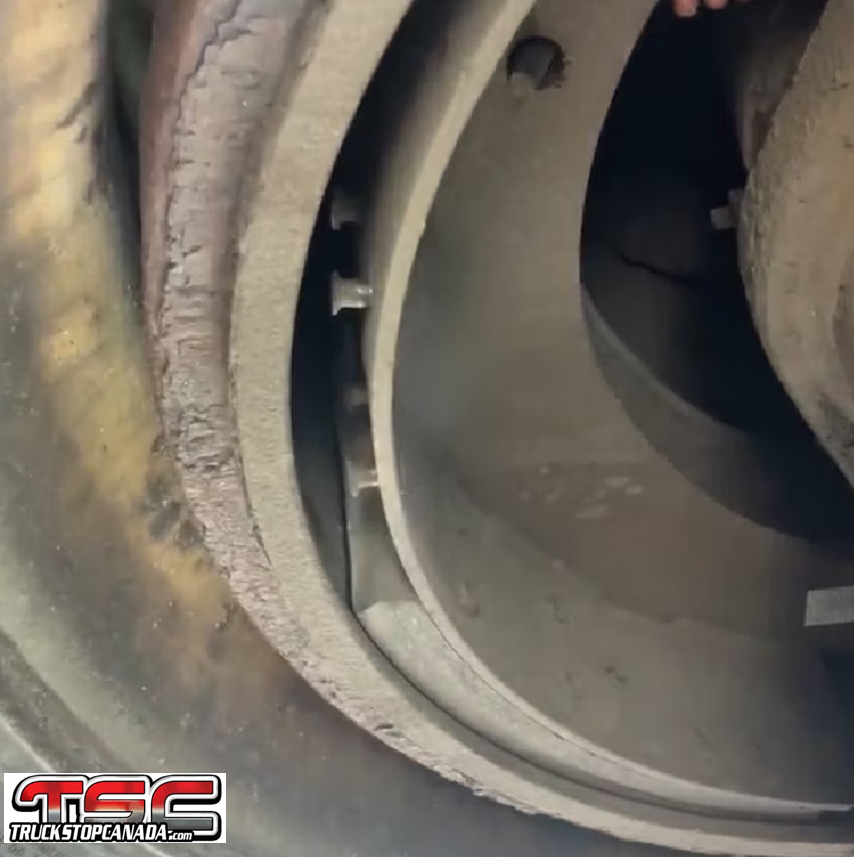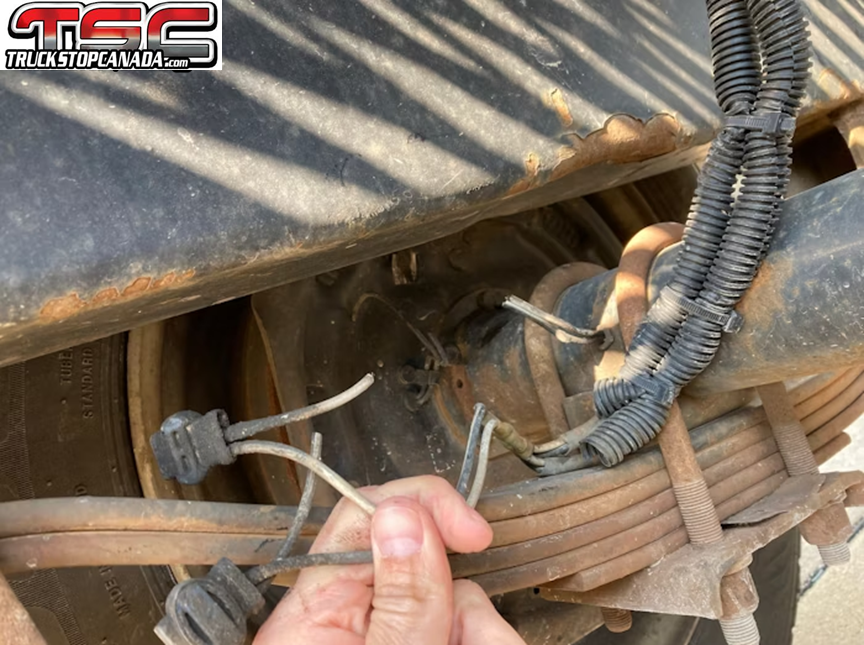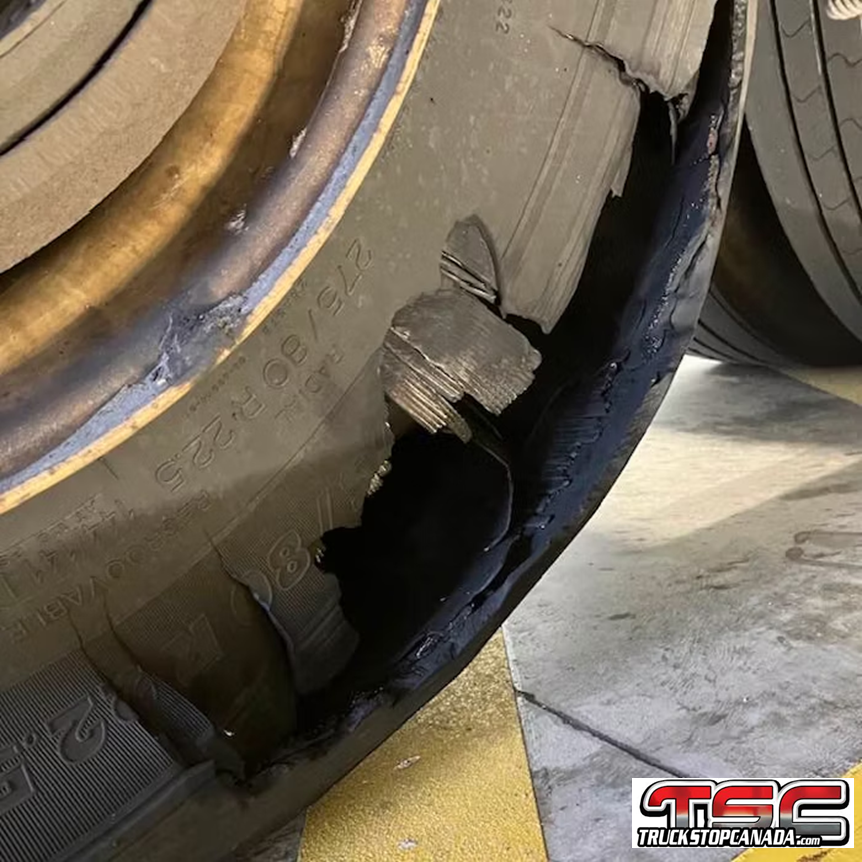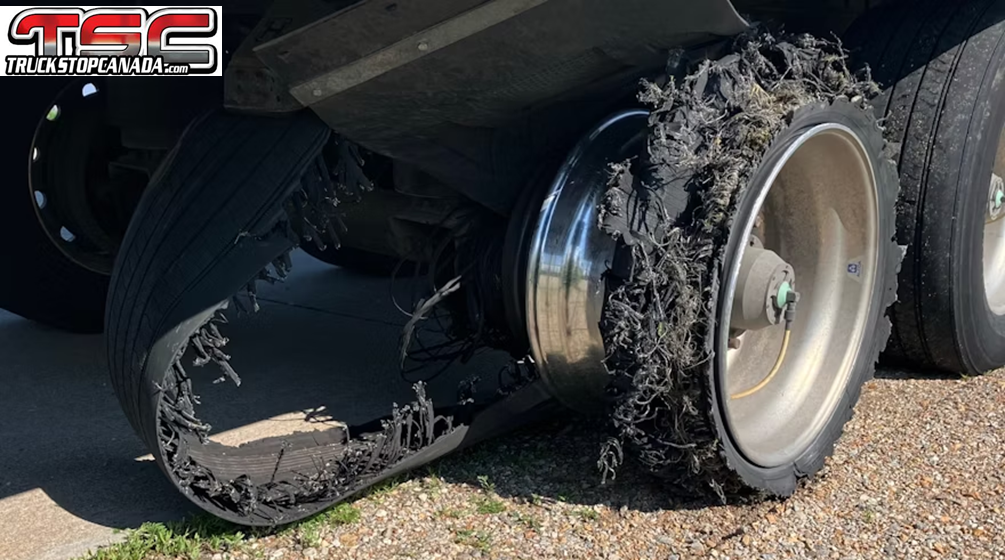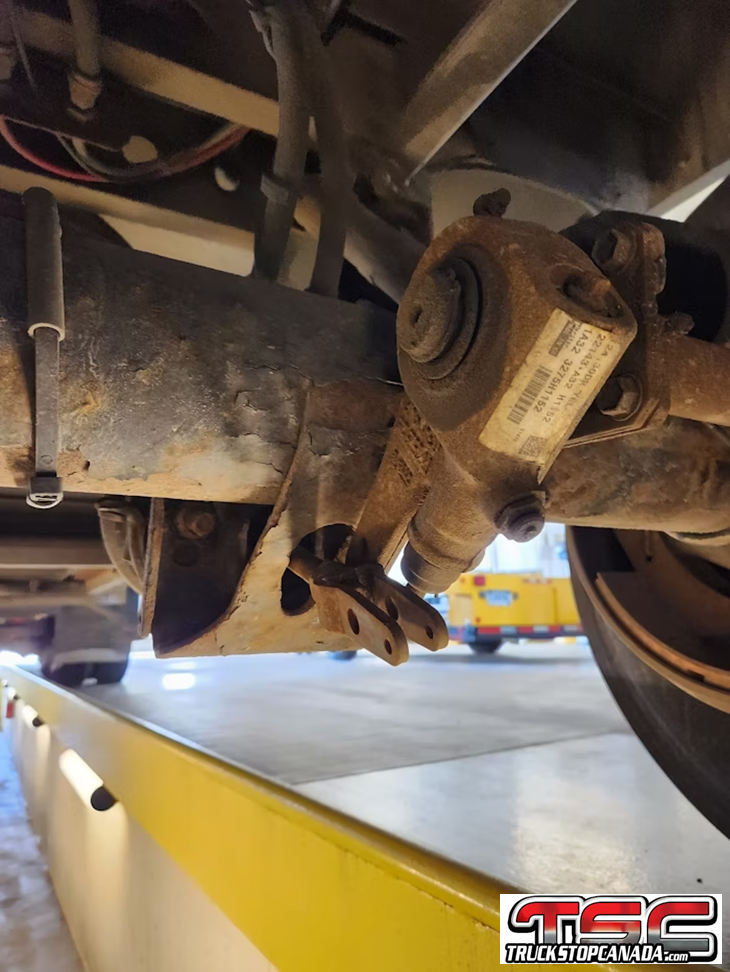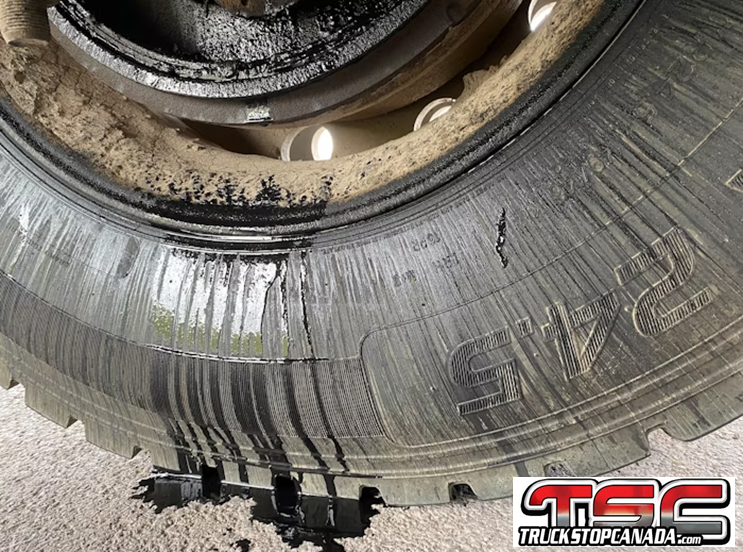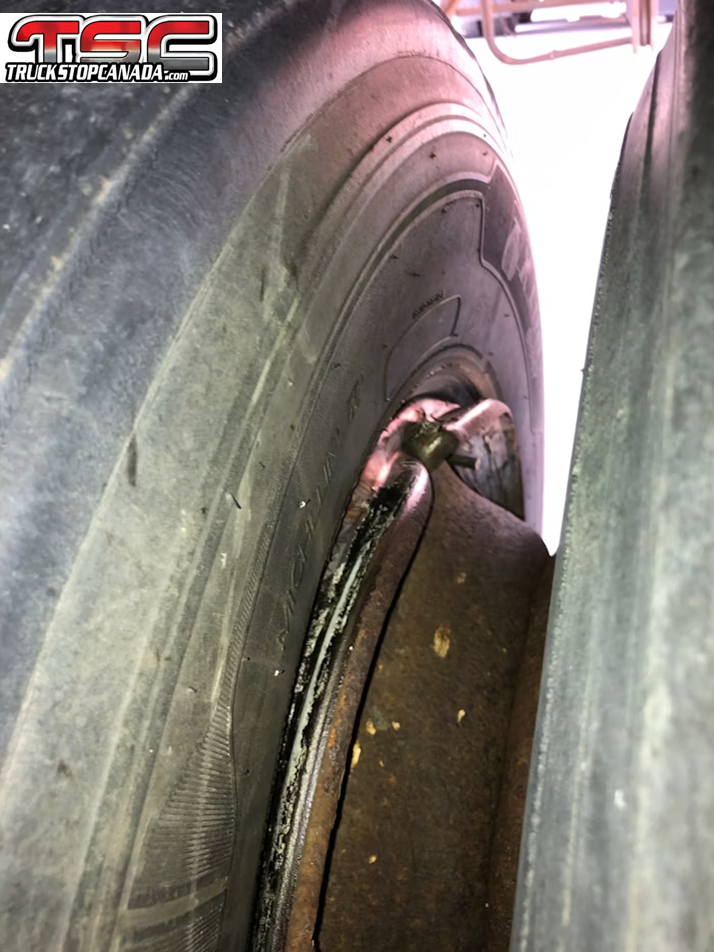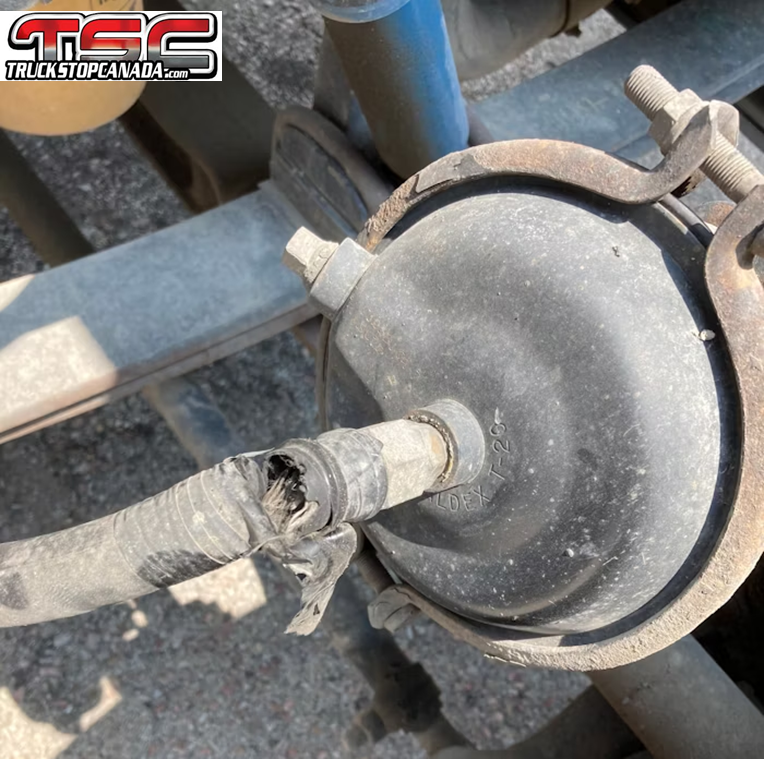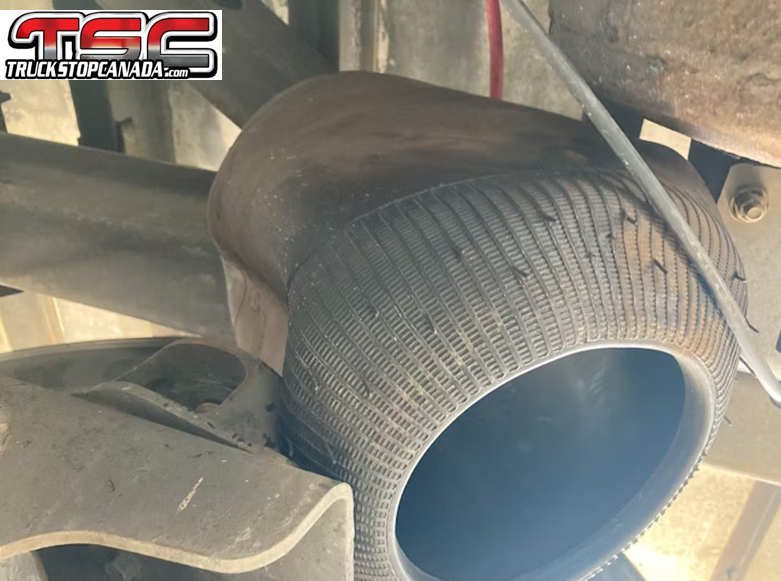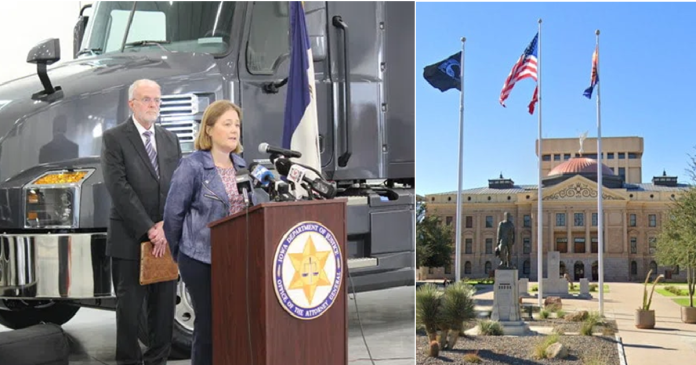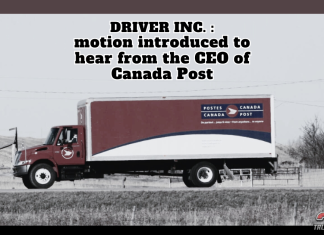Truckers has voiced varied concerns about the imminent arrival of electric trucks. We asked them, “What concerns you the most about the transition to electric trucks?” The feedback we received highlights pragmatic and technical issues that could significantly impact their professional lives.
Lack of Adequate Charging Infrastructure: Carole points out a major issue regarding the insufficiency of current rest area facilities, which could be exacerbated by the need to recharge electric vehicles. This concern is widely shared by other members who anticipate significant logistical challenges without an increase and improvement in charging infrastructure.
Impact on Long-Haul Operations: William and other truckers discuss the potential reduction in long-distance trucking operations, suggesting a shift towards local deliveries due to the limited range of electric trucks. This operational change could severely restrict the use of electric trucks for intercity routes.
Increase in Costs and Economic Constraints: There is notable skepticism regarding the cost-effectiveness of electric trucks. Stakeholders like Keven and Francis highlight fears about the rising costs of electricity and the infrastructure challenges to be addressed, which could make this transition economically strenuous for truckers, the industry, and even society at large.
Reactions to Design and Automation: The aesthetics of the new electric trucks, along with the prospect of full automation as mentioned by Yves and Eric, elicit mixed reactions. While some find them unattractive, others fear the impact of automation on their long-term roles and employment.
Resistance to Change and Retirement Consideration: Several community members, like Fanny and Maurice, express resistance to change, going so far as to consider retirement rather than adopting the new technology. This resistance is often fueled by nostalgia for traditional diesel trucks and distrust towards technological innovations perceived as premature or ineffective.
Given these concerns, it is crucial for policymakers and electric truck manufacturers to consider this feedback to facilitate a smooth transition. Improvements in charging infrastructure and transparent communication about the benefits and limitations of electric trucks could be key steps in alleviating fears and encouraging the adoption of this new technology in the trucking industry.







